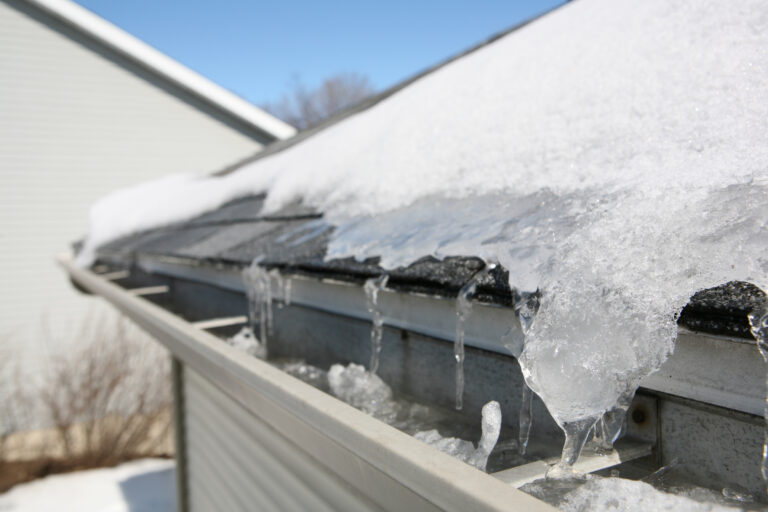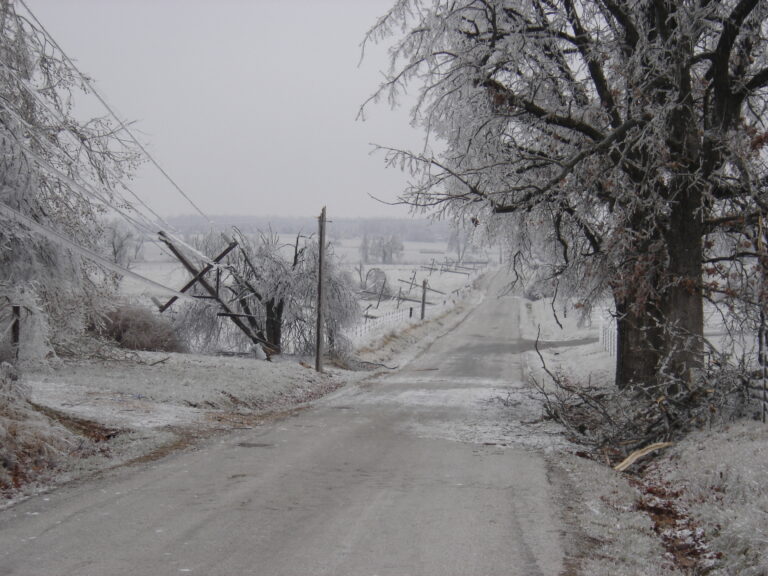How Climate Change Is Extending Allergy Season
For millions of allergy sufferers, the arrival of spring no longer just signals a short period of sneezing and congestion—it marks the beginning of an allergy season that now lasts longer than ever. Climate change is causing warmer temperatures and shifting weather patterns, leading to an extended growing season for plants. In 172 cities across the United States, researchers have found that this longer growing season directly translates to an increase in pollen production, making allergy symptoms more severe and prolonged.
Earlier Spring, Later Fall: More Pollen, More Problems
As temperatures warm earlier in the year, trees and grasses begin releasing pollen sooner. Instead of a distinct start and stop to allergy season, many areas are now experiencing an almost seamless transition between spring, summer, and fall allergens. Ragweed, a major contributor to hay fever in the fall, is now pollinating well beyond its usual timeframe. With the first frost coming later in many regions, pollen-producing plants have even more time to thrive.
Higher CO₂ Levels Mean Stronger Allergens
In addition to an extended pollen season, rising carbon dioxide levels are making plants grow more vigorously. Studies show that increased CO₂ in the atmosphere leads to plants producing more pollen—and not just in quantity, but in potency. This means that even those who previously had mild allergies may now experience stronger reactions due to more intense allergens in the air.
Urban Areas Are Feeling the Impact
While rural areas may have more plant life, many cities are experiencing the most dramatic increases in allergy season length. Urban heat islands—where concrete and asphalt trap warmth—create even longer growing seasons in densely populated areas. In addition, air pollution can make pollen particles more irritating, worsening allergy symptoms for those living in cities. This combination of factors makes urban residents particularly vulnerable to prolonged allergy-related discomfort.
What Allergy Sufferers Can Do
With allergy season lasting longer, many people are turning to long-term management strategies. Doctors recommend starting allergy medications early, sometimes before symptoms even begin, to help reduce the body’s reaction. Monitoring local pollen counts, keeping windows closed during peak pollen times, using high-efficiency air filters indoors, and showering after spending time outside can all help reduce exposure.
The Need for Climate Action
Experts warn that unless greenhouse gas emissions are reduced, the trend of longer allergy seasons will continue. Addressing climate change is not just about extreme weather—it is also about everyday health concerns, including allergies. While medical treatments can help manage symptoms, tackling the root cause is essential to preventing even longer and more intense allergy seasons in the future.


